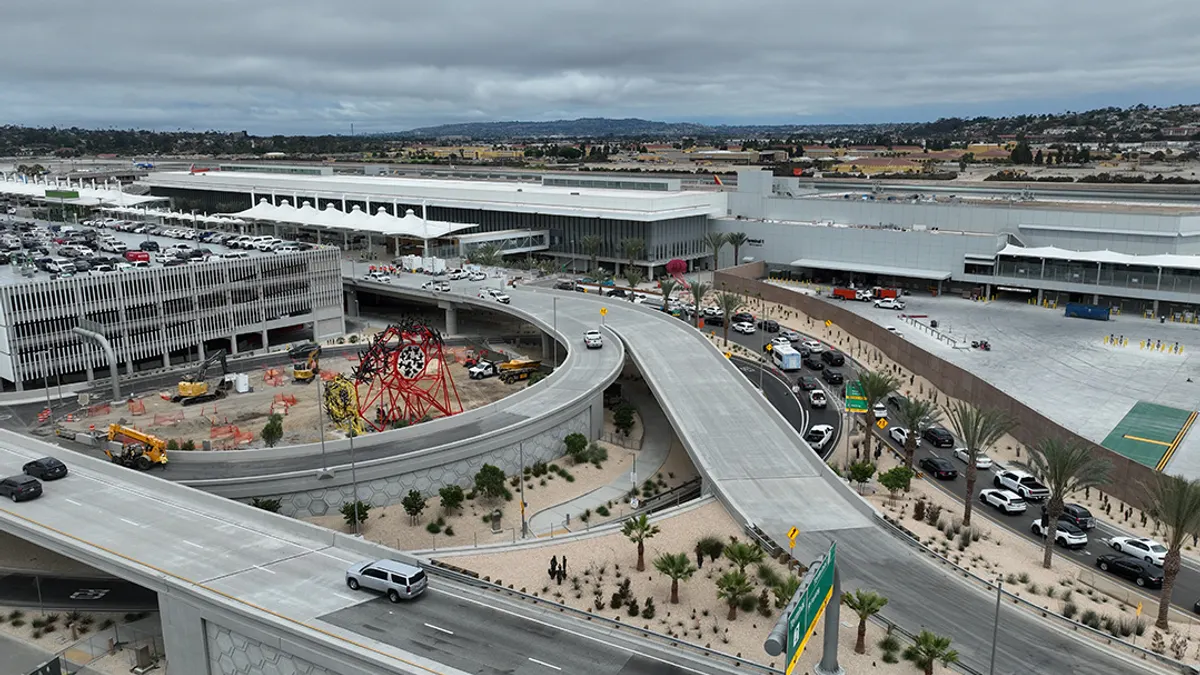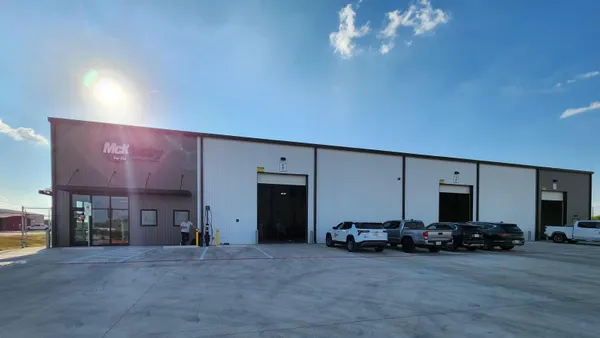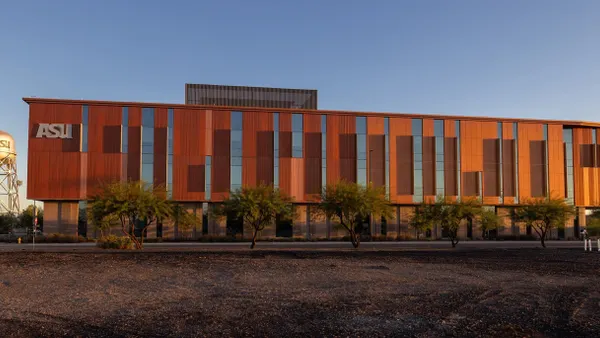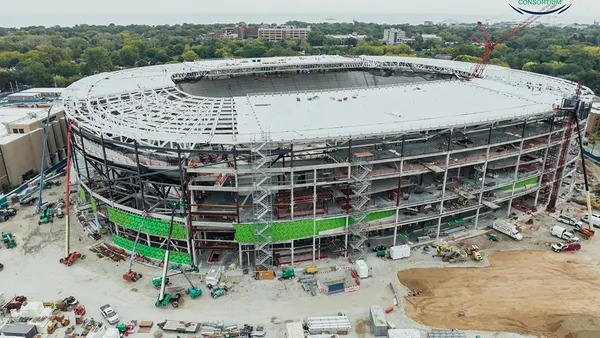Dive Brief:
-
The U.S. Senate tried, but failed, to override President Barack Obama’s veto of a bill approving construction of the Keystone XL pipeline Wednesday, but the story’s not quite finished.
-
The State Department, which has oversight of the project because it would stretch across an international border—from Canada to the U.S.—is in the final stages of a six-year review and could still approve the pipeline’s construction, despite the veto. In late January, the agency concluded that the 1,700-mile pipeline from Canada to Nebraska would not have a “significant” environmental impact on the U.S. because the 830,000 barrels of oil it would pump into the country each day would find their way here via rail if the pipeline is not built.
-
Wednesday’s vote was notable, in part, because it was the first time the Republican-controlled Senate attempted to override an Obama veto.
Dive Insight:
The drama surrounding the pipeline, which could cost as much as $10 billion to build, is of interest to the U.S. construction industry because it reportedly would create 42,000 new jobs in the field. But that estimate is controversial, as some analysts have said almost all of those jobs would be temporary—lasting an average of 19.5 weeks each—and just 35 of them would become permanent.













